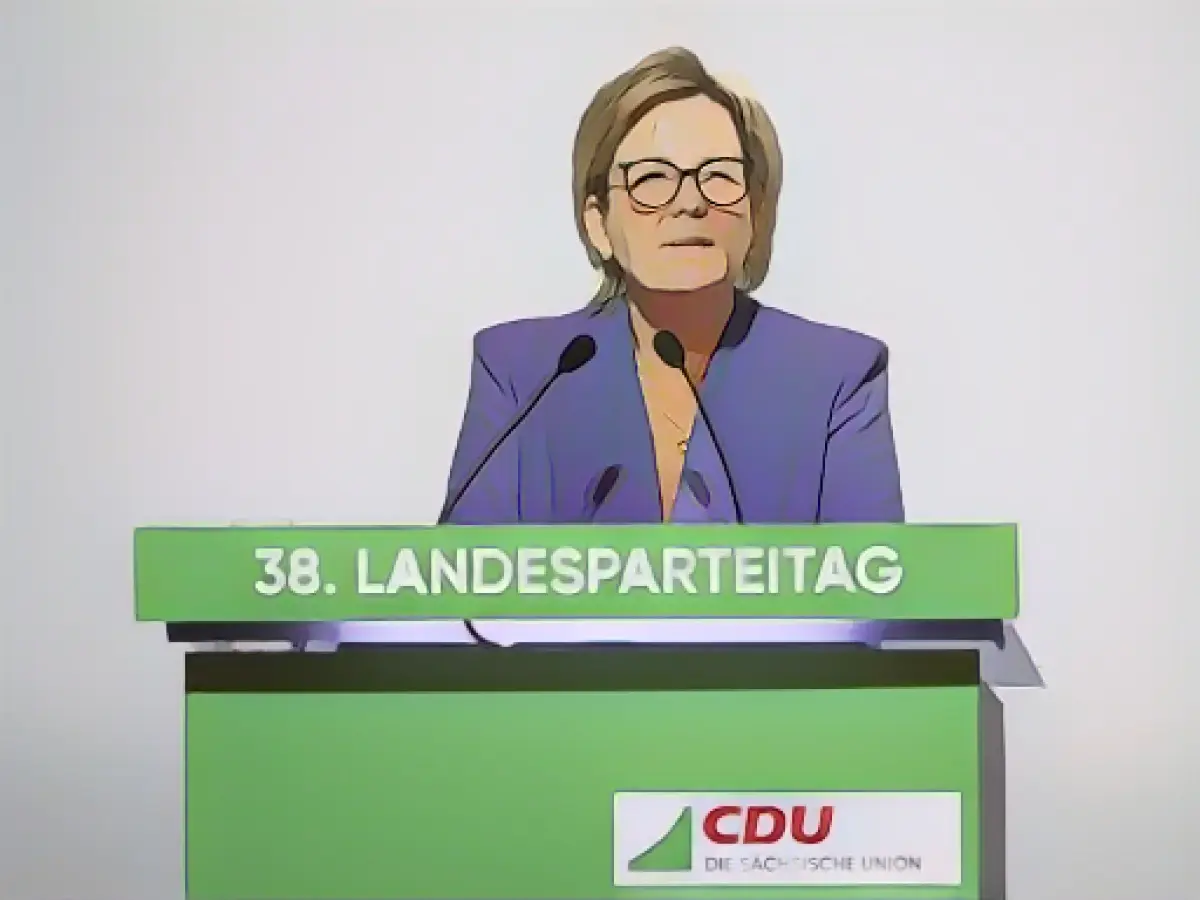Kelpsch criticizes the end of the lower restaurant VAT rate
Saxony's Tourism Minister Barbara Klepsch has criticized the planned expiry of the reduced VAT on food in restaurants. "I am stunned that the federal government is not extending the VAT reduction on food in restaurants after all. This is a devastating signal for the catering industry and tourism," the CDU politician told the German Press Agency. The reduced tax rate had helped the industry a great deal, as it was facing enormous challenges due to rising costs and a lack of workers. "It is to be hoped that this fatal decision by the federal government will not jeopardize the existence of many businesses," said Tourism Minister Klepsch.
The federal government had recently agreed to raise VAT for restaurant meals back to 19 percent from January 1. The VAT reduction was introduced in the first few months of the coronavirus pandemic in mid-2020 to relieve the industry. For some time, the rate was only five percent due to a further general VAT reduction, but since January 2021 it has been seven percent throughout. The reduction for the catering industry was repeatedly extended due to the energy crisis and high inflation at times, especially for food.
The Saxon cabinet had already dealt with the issue in September, and the Free State of Saxony then lobbied the Bundesrat for a three-year extension of the VAT reduction. Klepsch had also made Saxony's position clear in a letter to Finance Minister Christian Lindner.
The Ministry of Tourism fears negative effects on the hospitality industry. It can be assumed that restaurateurs will have to pass on the increase to their guests in order to survive economically, it said. Already today, more than 40 percent of municipalities in Saxony no longer have any restaurants. It is feared that the increase in VAT will accelerate the closure of businesses. The ministry also assumes that the planned increase will not only affect restaurants, but also prices in canteens, nursing homes, daycare centers and school meals.
The German Hotel and Restaurant Association (Dehoga) believes that thousands of livelihoods are at risk. According to the industry, the tax increase will cause small and medium-sized family businesses in particular to stumble. The association is calling for a permanent reduction in the tax on meals.
The criticism from Kelpsch regarding the end of the lower VAT rate is concerning for the entire hospitality industry. The increased VAT on restaurant meals could potentially lead to numerous business closures within this sector.
Source: www.dpa.com








